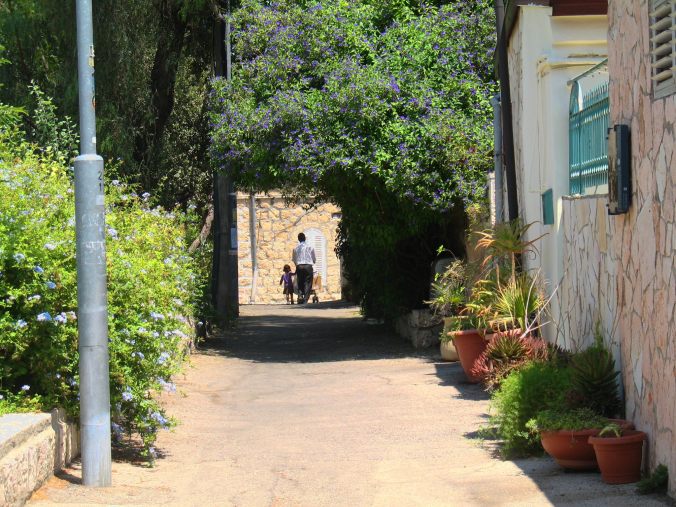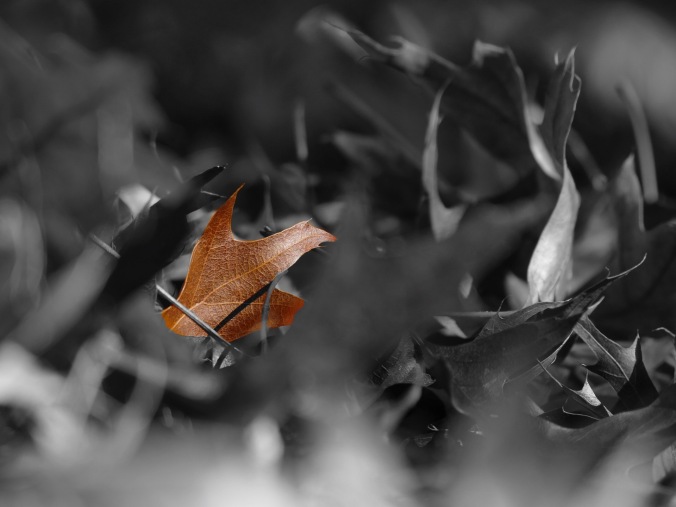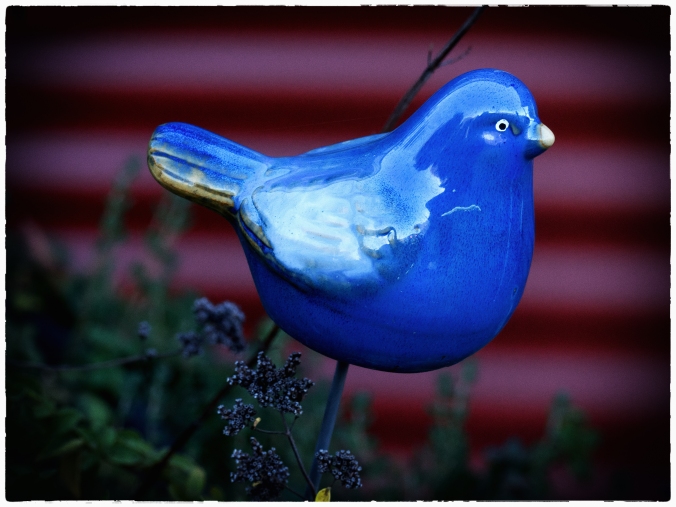Yesterday was Yom Kippur, AKA – the holiest day of the year.
It’s a seriously big deal on the Jewish calendar. It’s a time for fervent prayer, when Jews who do nothing else Jewish all year flock into synagogues around the world. Many wear all white as a signifier of the elevated spiritual state we are capable of attaining. For one day, we transcend the boundaries of our humanity and soar into the heights of…
I think you can get where this is going. That was NOT my Yom Kippur this year.
I spent the day in bed, feeling pretty miserable, trying to avoid snapping and grouching at my husband. I am nursing a toddler, which makes fasting – even with the accommodations available to drink small amounts – basically horrendous. My husband who was “supposed” to take our son all day expect for nursings was unwell the day before Yom Kippur and went into the fast sick and underfed. The aforementioned toddler had diarrhea. We basically spent the day, both of us in bed, with the toddler frolicking all over us, wondering why we were being so boring and throwing magna-tiles at our heads. The few times my husband did muster the energy to take him outside the outings were cut short by the above mentioned diarrhea.
Over the last few days, after the huge high of Rosh Hashana (which I haven’t written about, sorry) I have just sunk into a malaise. I feel like my life has several big ticket issues in it that I am just not equipped to perfectly handle. And I am supposed to handle things perfectly.
There is a particularly unpleasant voice in my head that is ready to flood me with hateful messages the moment things get too messy. And when I try to run away from that voice the only way I know how, by drastically shifting things around in my life (see my previous posts about the moving obsession) I find myself stuck. There seem to be no good options.
Sometimes this angry thought occurs to me – “I didn’t sign up for this.” I think anyone who choses a life or a home that is radically different from what they grew up with is going to have this pop up from time to time. Mostly I just try to remember that this isn’t a productive way of thinking and to remember what is amazing about my life.
However, recently I realised that there is something really deep here.
I didn’t get what I signed up for. I signed up for a super intense, high-flying spiritual journey. What I got – is a grown-up life.
In my old world, I could have happily avoided this for years and YEARS. In that world, I was still basically out-earning my own financial irresponsibility, there were no tiny humans dependent on me and relationships could be picked up or dropped with few consequences beyond awkward meetings in the future. I changed my hair, my jobs, my boyfriends, my style, my location with ease and I basically liked things that way. It was comforting and exhilarating to know I was free to do what worked for me and when it stopped working, well, I dropped it.
Somewhere at the end of this whirlwind journey of bumping around the back streets of Sydney with a bunch of political hacks, I encountered Judaism and made a committment that radically reshaped my future.
Today my life is characterised by committment. Committment to the Creator, with whom I have had a bond with since I was little but now have healthy and meaningful ways of recognising and connecting to.
Committment to the man that I chose to marry who never ceases to surprise me with the fact that he really, deeply, actually is not-me.
And committment to the child that I brought into the world, who has seamlessly molded himself to my life in a way that these days I can’t imagine living without the unique daily rhythm of our love and care for each other.
And on a much less existential level, I am committed for the next three years to a PhD program at Bar Ilan University, which I have ironically been “shocked” to realise, means spending the next four years of my life doing, essentially, the same thing.
These commitments have made me face myself in ways that I have never done so until now. I have had to face those times when the last thing I want to do if fulfil one of my obligations to the Creator and do it anyway. And no, this story doesn’t always end in “and then I felt the whole room lighten up around me and I was flooded with love and awe…” Sometimes it ends with being so stressed and distracted that you say the blessing for washing your hands over the Shabbat candles. And life goes on, and next week you light the same candles and the week after… inspiration returns, flickers, disappears again, returns. But the rhythm of the committed life continues.
I have had to face down the desire to run from my home, run to the hills, to a place where my relationships could be more fleeting and not challenge me to the very core of my being.
I have had to face the immense transformation of my days, my life, my schedule, my freedom that being a mother has meant. I am dependent now in ways that I never have been before. Financially, physically, emotionally dependent in ways that make me so uncomfortable.
I have essentially had to start seriously facing up to who I am, my humanity, my vulnerability, my emotionality, my mistakes and my choices and their consequences. In other words, I have had to grow up.
There is a somewhat kitschy line, used frequently by popular Orthodox Jewish speakers when speaking to the non-observant, that Judaism offers spirituality in the real world. We are not a religion, the line goes, that demands years of silent meditation on a mountaintop ashram or a life withdrawn from the world. Instead Judaism offers a part to make the mudane into the holy and to elevate every aspect of our lives.
I am not sure if I felt this as a reality yesterday, in my hunger-headache induced haze. I can’t say that I walk around feeling like I am generating holiness wherever I go on a day-to-day basis.
But sometimes I do.
And what’s more, whether it’s felt like a spiritual high or not, this life has turned me into a grown up.
I went to Israel to be a spiritual seeker, and all I got was this grown-up life.
And you know what, I think that’s the gift my observant life has given me, even when it doesn’t feel great, because it’s by being a grown-up that we start the spiritual search.








